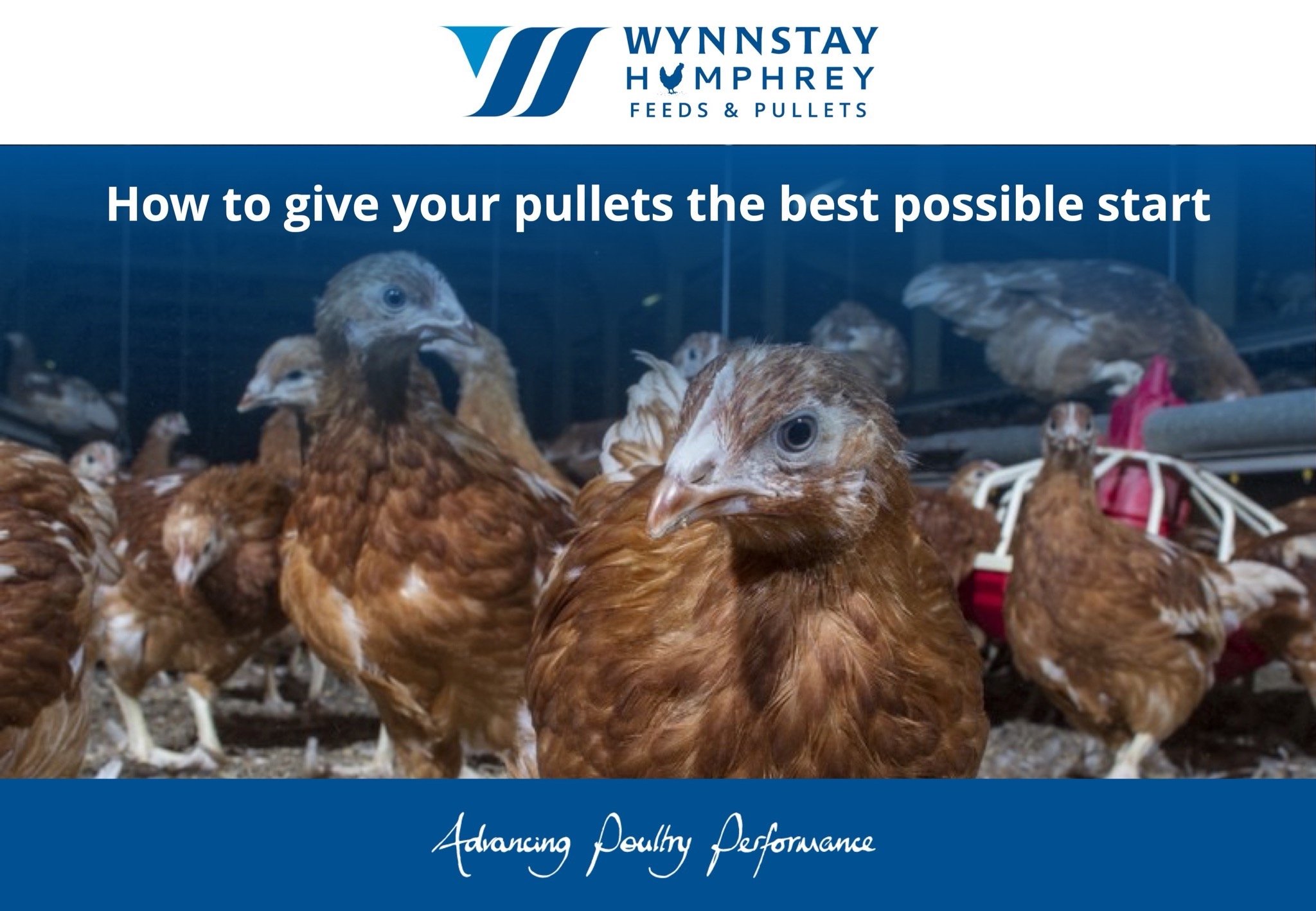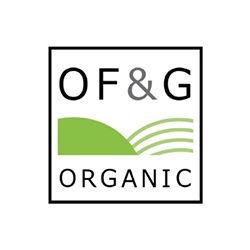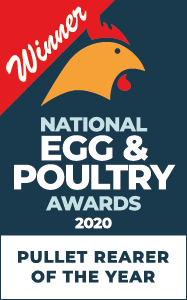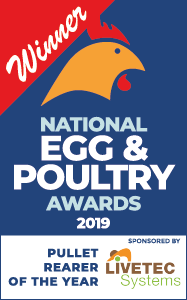Through this regular feature, we have followed the experience of Fred and Janet Powell and their family with their first flock of free range in Llandridnod Wells, in mid-Wales. Their journey has been a steep learning curve, but, a year on, they look back on their experiences and plan for the future.
The story so far
In 2016, the Powells decided to diversify their farm in Powys into free range eggs utilising the family labour force. With the help of Humphrey Feeds & Pullets’ technical advisor for Wales; Gwenda Wozencraft, they were determined to get as much right as they could from the start. Fred’s eldest son, Will, travelled to the Netherlands before deciding which multi tier system to invest in.
They selected Lohmann Brown birds which were hatched in November 2016. The 16 week old pullets were delivered to their farm in early 2017 and settled in quickly, despite being confined indoors for three weeks as a precaution against AI. By week 26, laying was well under way.
A team effort
Farming is a team effort and while Will took on primary responsibility for the birds, everyone pitched in to make their new venture work.
Will said: “The key is to have clear lines of responsibility established so that everyone knows what they’re doing and what their responsibilities are. Once the birds are settled down, we’re normally in and out three times a day, with myself and sometimes one other sorting eggs 8.30-9.45am. I try to have some time away from the shed at the weekend when other members of the family are able to fill in.
“You have to put the time in, and the job becomes a way of life. You can’t just disappear off when you want to.”
Will devotes one day a week to checking that the technology in the shed is working correctly: the machinery, egg packing robotics and the touch screens that control water, light and ventilation.
Technology is making a huge difference in the free range sector, and whilst for instance Will can tell at the touch of a button how many days’ feed he has left, he still likes to physically verify the information using it as an opportunity to check on the birds as much as possible. “Technology can’t replace hands-on experience and time spent with the birds.”
“If you try to get away with slacking a little bit, it makes a difference straight away,” said Will. “Doing the work properly pays off.”
In addition to his family, Will has enjoyed a high level of support from an extended team; including Gwenda, who lives close by and visits regularly, Newquip for equipment support and electricians PS Higgins. Their ability to respond quickly is, literally, vital for the safety and welfare of 32,000 birds.
Fred added: “Everything is a team effort. When we started, we listened to lots of advice from many people, did lots of research and joined a number of groups.
“Gwenda has been very helpful including the paperwork and audits. She has helped us to stay independent, making our own decisions so that we can best repay the investment we have made into the hens; we couldn’t have done it without her.
“But at the end of the day, what you do is your decision – you can’t let anyone make your decisions for you.”
The Powells also enjoy a good relationship with their packer; Oaklands, who collect their eggs every other day. They gained their contract through sheer luck at the Welsh Winter Fair, being in the right place at the right time, and eggs from their 32,000 flock size nicely fill half a lorry.
Oaklands have also been happy to keep the chickens on for longer than predicted for this flock, allowing them to take birds to 79 weeks of age.
A successful 1st year in egg production
The Powells’ first year of production beat their expectations, with the production peaking at 97% and averaging over 90% throughout lay. They were aiming for at least 320 eggs per bird, so were delighted to achieve 344, with hardly any floor eggs. Will puts the good result down to a number of factors, but it all come from an attention to detail.
The Powells added Alltech’s TRT to the feed from 50-weeks to ensure that the shells stayed strong, and seconds were minimised.
They have also invested in a robotic packing system which can pack eggs at the same rate as three family members.
A golden future?
Life continues on the rest of the farm; lambing has ended and Fred’s sons will be turning their attention to shearing the farm’s sheep, but the chickens are here to stay.
Fred said: “We’ve had a good outcome. It’s been a big investment but worth it. There have been some risks, not least because of all the attention we’ve been getting from this series of articles in the Ranger, but we’re looking at the possibility of getting an extra shed.”
Margins are key to their plans to expand. Costs have gone up significantly since they started, and if feed prices continue to increase, it will be a close call as to whether they can operate profitably. They will need to decide whether to go for a 16,000 bird increase or straight to another 32,000.
But, on the other hand, market demand is rising as the egg market is now very strong. The Powells feel they are flying the flag for free range hens in Wales.
“People love Welsh eggs,” said Fred.

















